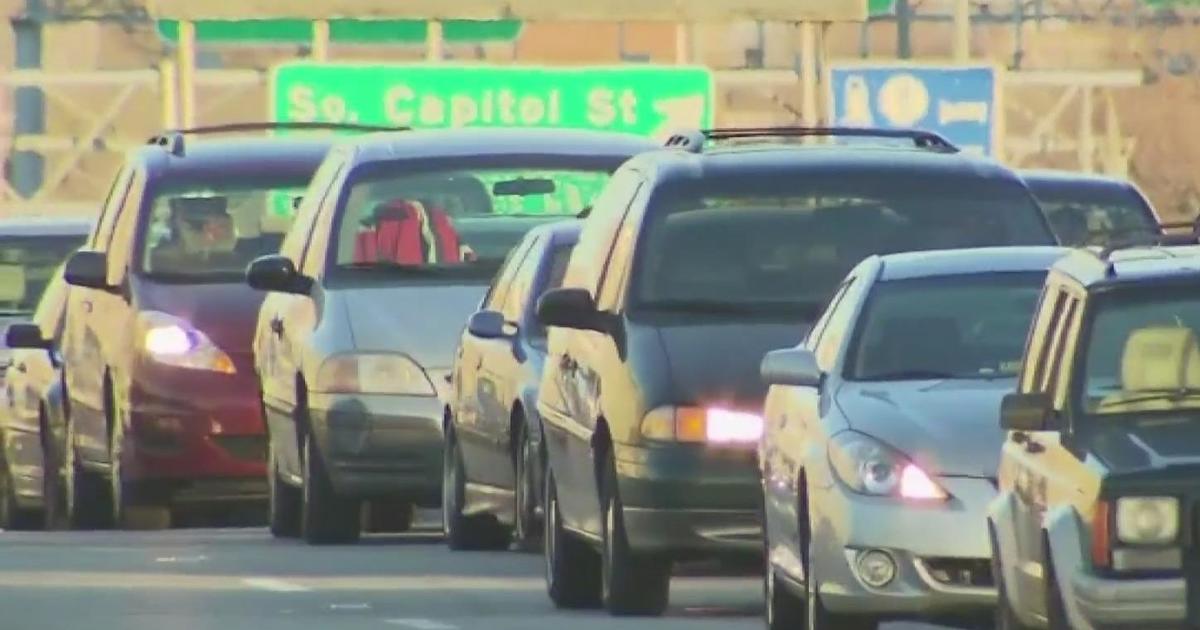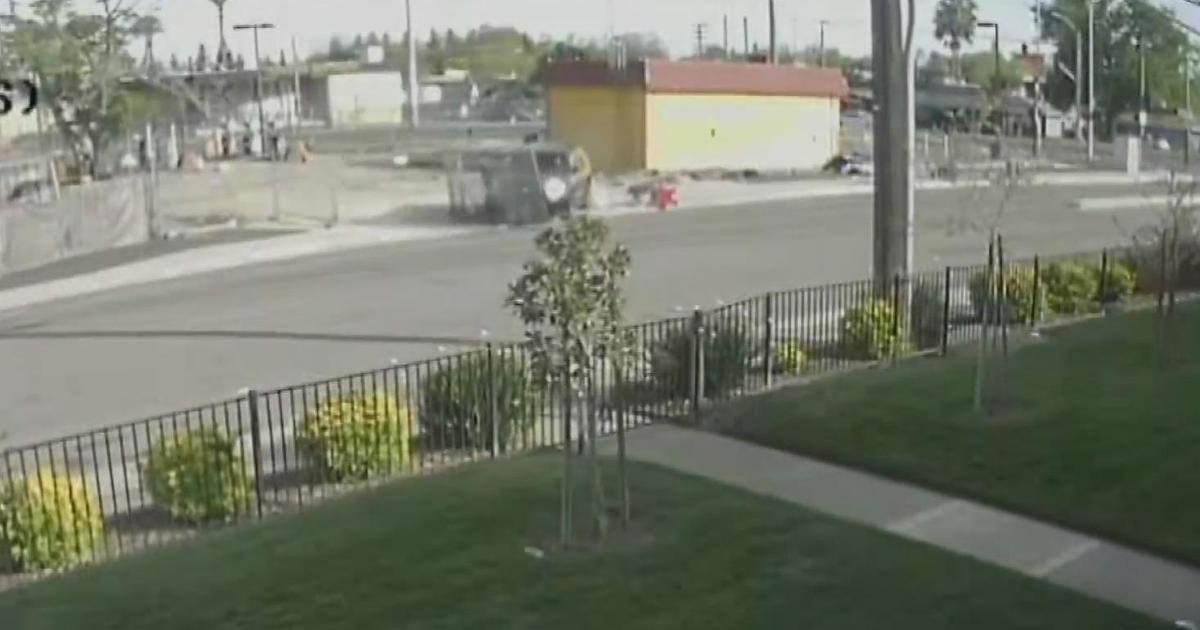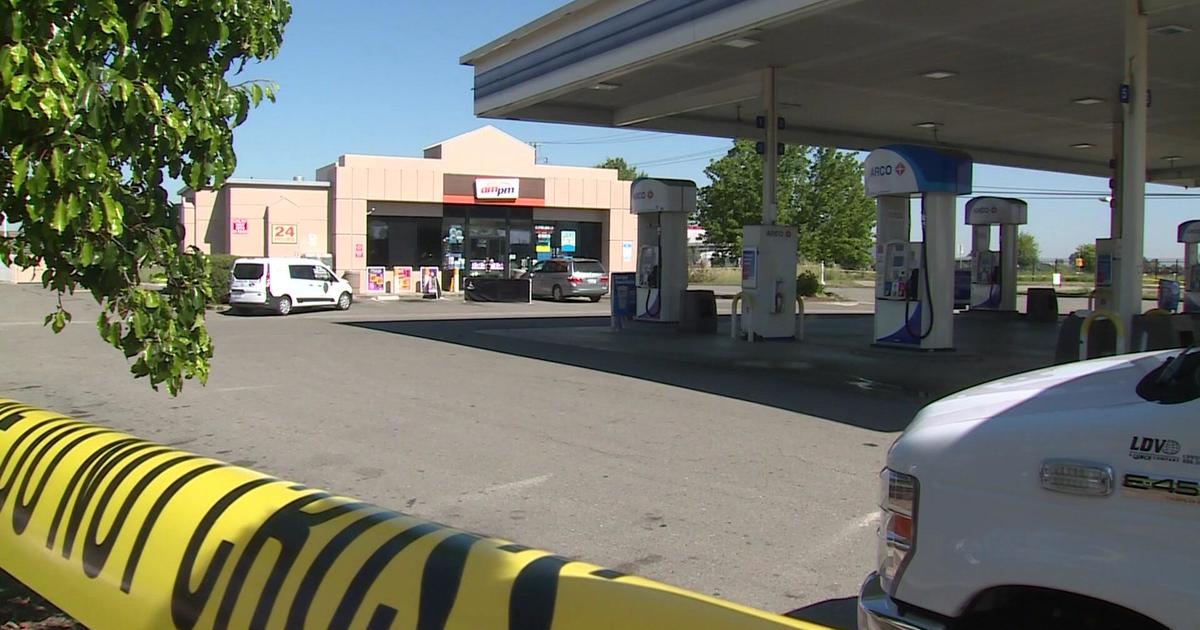Prop 64: How Much Money Could Legal Weed Bring In – And Where Would It Go?
SACRAMENTO (CBS13) - Three years of legal weed in Colorado and the money is rolling in.
"It's definitely profitable," said Brad Roddy with Medicine Man, a marijuana grow and dispensary operation in Denver, CO. "We wouldn't be doing it if it wasn't."
Medicine Man makes millions growing, processing and selling medical and recreational marijuana products.
"We want to produce revenue for the state," said Brian Vicente.
PROP 64: What Can California Learn From Colorado's Marijuana Legalization Law?
Supporters of legalization, like Vicente, point to record tourism and an economic boom.
"We've seen over 10,000 jobs directly in this industry," said Vicente.
"You have all of these ancillary businesses creating point of sale, software, websites, the ability to shop online," said Roddy.
Altogether, Colorado's marijuana industry made about a billion dollars in 2015.
The industry has come out of the shadows and is now contributing to the economy, but the state's share is much smaller. Marijuana taxes and fees generated $135 million dollars for Colorado's state coffers last year.
"People start to salivate when they hear those numbers. All told, the state budget last year was $27 billion dollars," said Andrew Freedman.
He's Colorado's "pot czar." Officially, he's the state's Director of Marijuana Coordination.
Freedman says marijuana tax revenue is a fraction of one percent of the state's total budget - .5 percent.
"Before you think it's going to be able to pave roads or pay teachers more, it's not. It's not that kind of money," said Freedman.
About $30 million dollars pays back government offices that manage marijuana. The next largest chunk, $35 million, supports schools.
Prop 64: Would Recreational Pot Legalization Really Ease Pressure On Police?
But not all districts - like Denver, which has legal weed - see the financial benefit.
"Denver public schools have received no money from state marijuana taxes," is a line from a video put together by Denver Public Schools.
The tax dollars go into a general fund that gets spread to rural areas.
California is a bit different. In most cases, communities must allow and regulate marijuana to get a majority of the tax dollars.
"The measure does provide a framework, it does provide state and local governments flexibility to implement it," said Drew Soderborg with the California Legislative Analyst's Office.
He looks at how new laws could impact the state.
"Eventually, we estimate the revenue collected from this could reach the high hundreds of millions to potentially over one billion," said Soderborg.
A lot of money for California, but still just a fraction of the total $120 billion dollar state budget.
Here's the breakdown of marijuana tax dollars if Prop 64 passes:
-10's of millions of dollars would pay back state agencies.
-10 million goes to study effects of marijuana.
-3 million for highway patrol to come up with protocols for drugged driving.
-10 million for local health departments.
-And the rest goes to education and prevention programs.
"Changing to a for-profit model could have additional implications," said Rosalie Pacula with the RAND Drug Policy Research Center.
She says when money is involved, motivations can change and commercialization can take over.
"These are all clouds. We need to get data and evaluate it appropriately," said Pacula.
In Thursday's story on Prop 64 we'll look at the potential health impacts of marijuana on the public.



